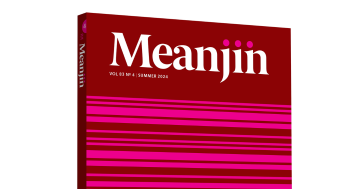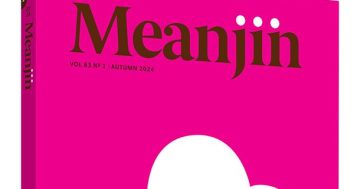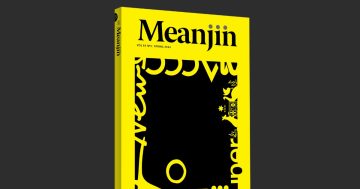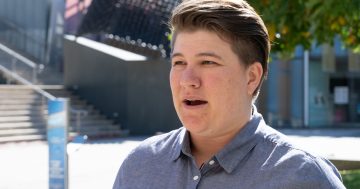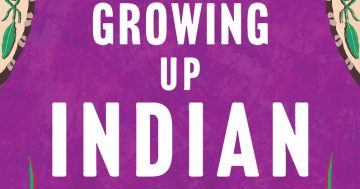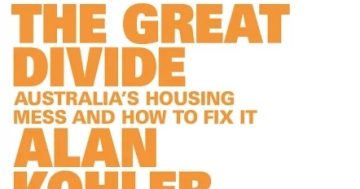Reviewed by Rama Gaind.
Editor Jonathan Green, Melbourne University Press, $24.99.
 At the start, Green makes an impassioned appeal for everyone to support a “struggling eco-system of words and their authors” to ensure the survival of this 78-year-old publication.
At the start, Green makes an impassioned appeal for everyone to support a “struggling eco-system of words and their authors” to ensure the survival of this 78-year-old publication.
In the editorial we learn Meanjin lost its rolling three-year key organisation grant when The Australia Council “redrew the map of arts funding … a pattern that had allowed if not luxury then a degree of certainty. Money was the root of it all: the council’s budget had been gutted and cuts had to be made”.
Green then points out the curious subtext is about the absence of certainty for the literary subculture.
“Whatever discomforting ripples were felt through opera, ballet and theatre companies had become a toxic trickle by the time the tide of change made its way down the funding food chain to bodies whose business was literature.”
To overcome that, more copies have to be sold so it pays its way and pays the people “whose words so wonderfully fill it”. That effort is progressing slowly, but it’s “progress nonetheless”.
The autumn edition is a worthy read covering a range of issues of the times through essays, memoirs and poetry. The literary magazine replicates the wide expanse of contemporary thinking, be it literature and other art forms by well-known writers.
In the issue’s cover essay, Quest and Queerness: Role-Playing Identity, Adolfo Aranjuez writes on sexuality, gender and the trouble with pinning down a satisfactory, and true, sense of self. He settles on queer. “Queer is fallible but it embodies the very illusory stability that it challenges. Non-binary, mongrel Asian, dual citizen, identity double bind-for me queer is coming home.”
Melbourne-based Adolfo Aranjuez is editor of film and media periodical Metro and editor-in-chief of sexuality and gender magazine Archer. He is also a freelance writer, speaker and dancer.
Aranjuez notes that “nowadays, there are few terms as loaded as identity. Not only are we facing a reckoning on a global scale regarding our understandings of race, gender, sexuality, class, religion, physical and mental ability, age, citizenship status—the list goes on—but it has filtered into the deepest reaches of our political paradigms. “My daily travails as someone who works with words for a living have crystallised the extent to which words are limited—and limiting. Inbuilt into language is a tendency towards fixity, and this rigidity corners us into neglecting the ways our words can hamper or harm.”
In an essay, Rising to the Challenge, Katharine Murphy notes: “last year was a gruelling one in Australian politics. The despair of the representative class was sometimes sufficient to brim, then spill from the parliamentary precinct”.
A 2018 study suggested satisfaction with the way democracy worked had nose-dived over the last 10 years. Certain conditions can change the topography of elections. The question is how will the challenges be met.


